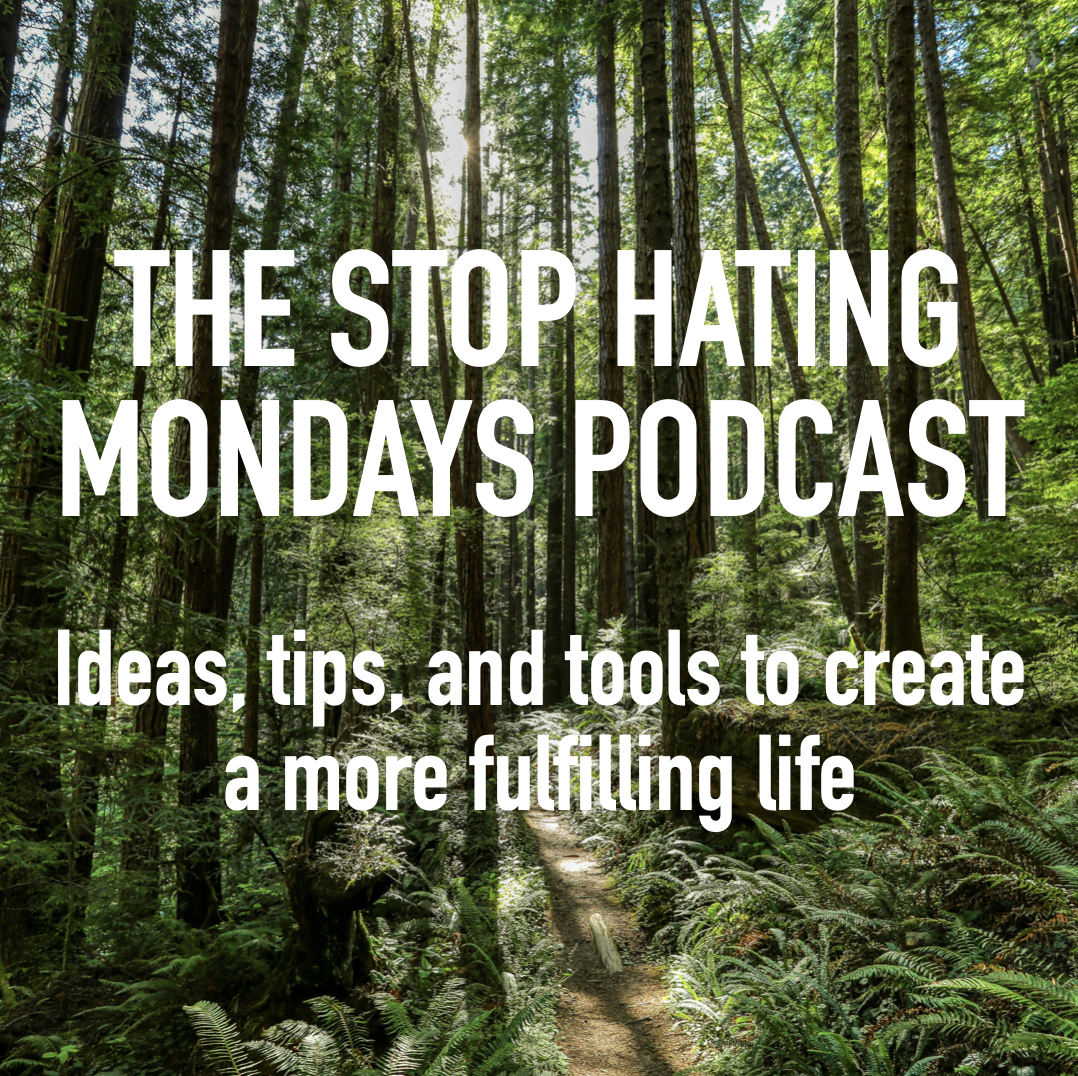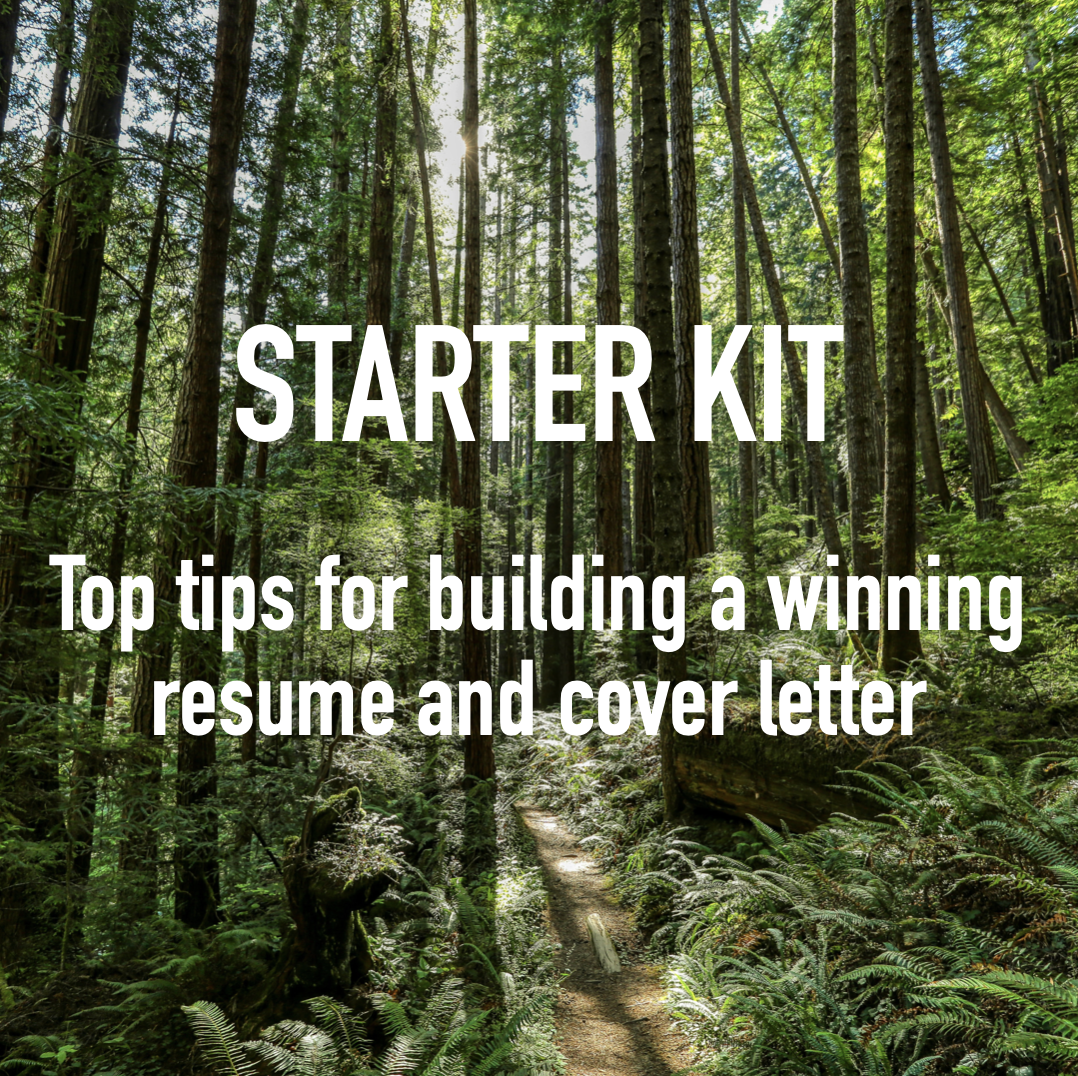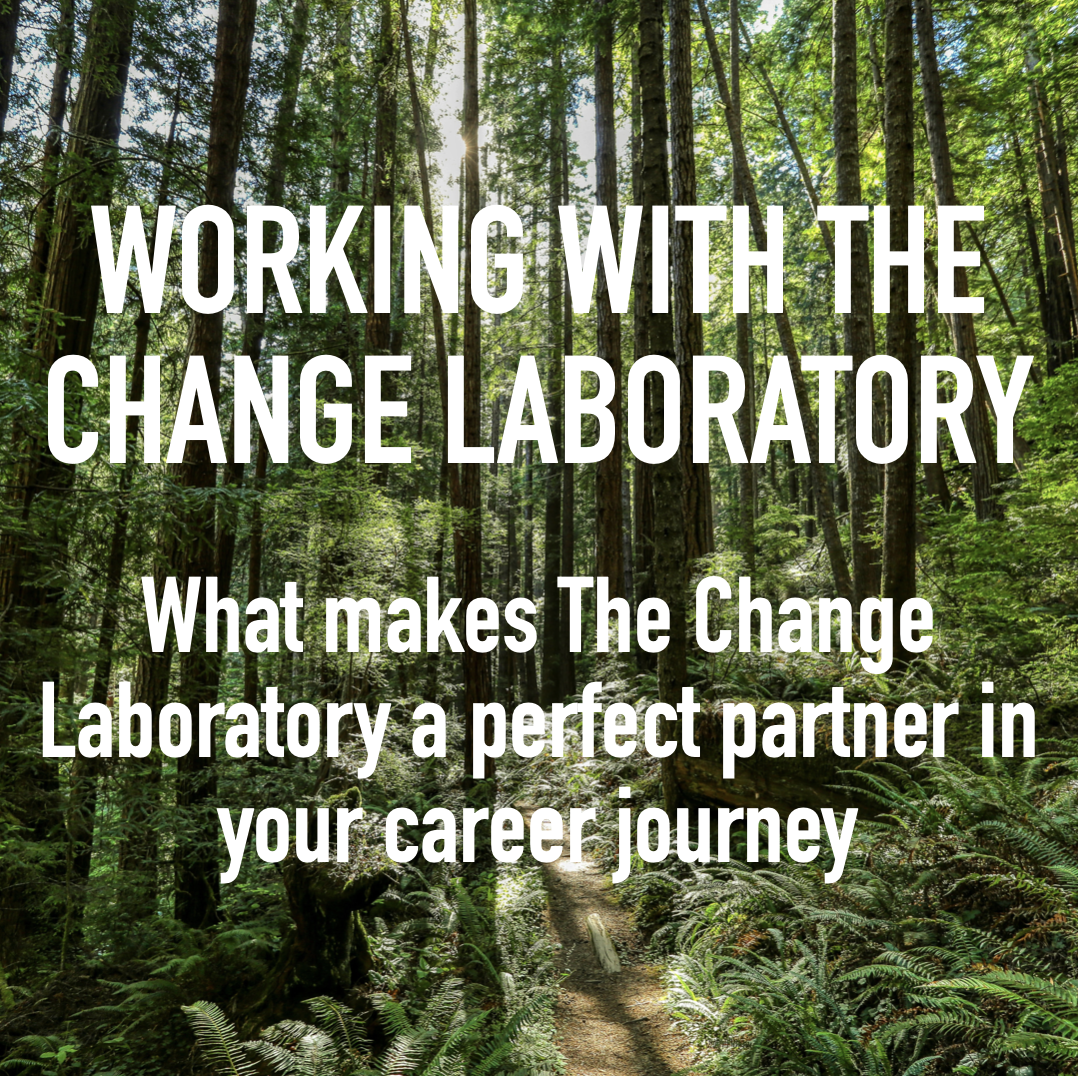How to Tell Your Story – The Stop Hating Mondays Podcast
Kent R.
Except for the raging extroverts among us, the simple question "tell me about yourself" can create a lot of anxiety. And even people who love to talk about themselves can get tripped up by those four words.
But why is it so hard to answer a question that you are uniquely qualified to respond to?
In this episode of the Stop Hating Mondays Podcast, we not only answer that question, but we provide some tips for how to answer the often dreaded question, "tell me about yourself."
TRANSCRIPT
(Transcripts are auto-generated and may contain minor errors)
Kent
Tell me about yourself!
Caanan
Oh God…
Kent
When you heard that question, did you get a little nervous?
Everybody except for the raging extroverts among us can get tied up by that simple question. It creates a lot of anxiety – anxiety even for people who love to talk about themselves.
But why is that? Who knows more about you than you? You are the resident expert on your own life, so what about that question is so crippling?
It's a simple answer and that's that it’s just too much.
But it really isn’t! You have that anxiety when you're asked that question.
You know you need to be succinct. You know you've never been able to manage that before in your life, so it feels like it's too much.
But again, it really isn't.
Only you can help yourself from getting that feeling, and the best way to do that… you determine how to best answer that question – Tell me about yourself? – in a variety of situations.
So, this is the Stop Hating Mondays Podcast. I'm Kent. This is Caanan. And today we're talking about how to tell your story and answer that question.
Kent
OK, so tell me about yourself is only a broad question without context. As I just said, when you're thinking or considering how to respond to that question – and in today's podcasts we're going to be relying on a professional kind of interview or elevator speech context – consider your audience. Who's asking the question?
Are you in an interview?
Are you talking to your skip level at the proverbial water cooler?
Are you at a dinner party?
Have you run into friends at the grocery store?
Consider your audience.
That is our first tip for how to successfully tie your story.
Caanan
Yeah, consider your audience.
Well, that's really good advice and I just have to say, you heard me moan and groan when you said tell me about yourself 'cause I, like so many people, could get so easily derailed by this question.
It seems like so much! You know, it's like a whole life could be put into that answer.
You're right, you know, if you're considering your audience, it really doesn't have to be such a big, hard to wrap your brain around question. Like in the context that we're using here, an interview, or, you know, a professional setting, you can essentially like cut off a good portion of your life when thinking about how to answer that question, because the people you're talking to don't really need to hear about your youth, right?
Kent
Yeah, exactly.
Caanan
So there's 18 years you can just eliminate. And this is a good time to say, like, if you're starting to answer that question and you say “when I was a kid,” you're probably off on the wrong foot.
But, you know, it actually goes beyond that, you know. Talking about how you don't need to talk about childhood is kind of glib, but you also can eliminate a lot of your foundational experience when trying to answer that question because what your audience really is looking for in this professional example is for you to tell them about your most recent and relevant experience – add some shape and personality behind what's on your resume.
Kent
Yeah, and that's why consider your audience is our first tip, and perhaps the most important tip.
Kind of an advanced version of this tip is consider what your audience wants.
As you may know, if you've not only been on the interviewee side of the table, but you've interviewed as I'm sure many of you have 'cause we work with a lot of senior people. That question in the context we're discussing it is meant to defuse anxiety.
Now whenever, yeah, whenever I'm involved in a hiring panel or consulting with a company on best practices, I tell them to eliminate that question because it just paralyzes people, and it actually has the wrong effect so.
Consider that what they're really trying to do is put you at ease.
Your audience is the company you want to work for. They're really trying to put you at ease, so you can really just say something almost sweeping that kind of covers who you are but – and I think we're going to get into this a little – but you're going to want to tie it to exactly what you want to achieve. So, it's important to – Tip #2 – stick to the headlines to help accomplish this.
Kent
So I'm going to repeat that one. Stick to the headlines. It's Tip #2.
Caanan
You let the cat out of the bag earlier.
Kent
Yeah! So, again, in this scenario where you're interviewing brief summary of your experience, not your entire professional history.
It's so strange to me how many times people start off with, “well, when I was young I blank…” And even if that goes somewhere – “when I was young I was always the captain of the team” and then we go through a 20-30 year history of how you've always been in that captain of the team role…. So not that that's not great, but nobody wants to hear that. Sticking to the headlines, you can say something like that to grab attention,
“Hey, I was the captain ever since I was in Little League” or whatever, and then in that case you can jump ahead to your current experience and say “yeah, after a decade of experience where I've always seemed to serve in that role, I'm ready to…”
Caanan
Yes! Stick to the headlines. Jumping off what you were just saying there – and I said it earlier – if you're starting with “when I was a kid,” you're probably off on the wrong foot and you wanna, uh, ignore that or not start there.
But there is a time, to your point, when that could work. The thing that comes to me is.
“Hey, I was a kid that took everything apart so that I could put it back together and that's why I'm an engineer,” right?
If you can start with that and then Fast forward to like right now…Here that works.
Kent
Here you're applying Tip #1: you know what your audience wants and you're applying Tip #2: you're sticking to the headlines. And in that example, you're sticking to the headlines in a big way.
That panel will be secretly thinking, “oh, this guy doesn't need to calm his nerves down at all. He just answered that in 20 seconds!”
Caanan
Most important – when we're talking about, stick to the headlines – is actually something we already said… The goal here is to add a little personality, a little shape to what they have in front of them with your resume. You do not need to walk them through the resume or your LinkedIn.
They have access to that.
You need to provide just a little personality and, you know, kick the interview off on the right foot because – it's so ironic, but you are so right – the question is about making the interviewee comfortable, and in fact it does just the opposite, yeah?
Kent
And by sticking to the headlines, consider too, that you're making a big impact.
Then what you're saying is going to be very memorable.
Another thing to consider when you're telling your story when you're asked to tell me about yourself is, it's not a life or death question.
I think we all tend to put too much at stake on this question and, you know, if we think too much is at stake with this question and…
Trust me, your interview or anything isn't riding on your response to this. Nobody is expecting perfection.
The things that people are really going to pay attention to will happen when it comes down to super directed questions or you're really able to get into the nuts and bolts of your experience and, even more importantly, your achievements.
So, Tip #3. Keep it short and light, no matter your audience.
Caanan
Yeah, I mean there really is not much more to say there. Remove the idea that this is an intense question and let it be just something you can respond to positively.
“I'm just providing a little texture to you, Interviewer, and then we can move into the most important part of this interview.” And that's what they're looking for; Somebody who can just say “hey, here's a little texture,” and move on.
Kent
Yeah, and I'm going to wrap back around to where we started here and say, here too, keep it short and light. Tip #3 is very important in any context that you might be asked this question. Nobody at your dinner party or your neighbor at the grocery store or whoever… at a networking event… in a situation like that, nobody wants to hear about your career.
And I think it's surprising how many times when you hear people respond to that question when it's you know, good naturedly asked and you're at dinner with a group of friends and people basically start reciting their resume. Well, they don't want to hear that. Maybe they want to hear what you do, but in that context, they want to hear that you love marathons or nature or gardening.
So, here too, you're keeping it short and light, but, of course, you're also in that case knowing your audience and sticking to the headlines, so to keep it really short and light. Don't crowd a personal question with a lot of your professional achievements, and certainly you wouldn't want to give too much personal context when that question is asked in a professional.
Kent
OK, so when you have it. Now you know how to tell your story, how to answer the tell me about yourself dreaded question… Well, dreaded no longer!
Our three top tips.
#1: Consider your audience.
#2. Stick to those headlines
And #3: Keep it short and light.



